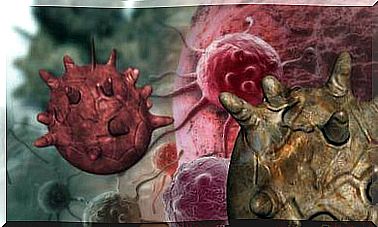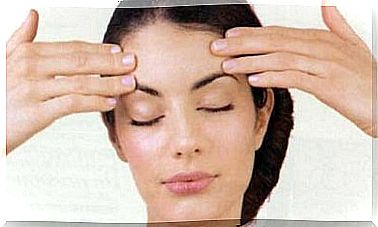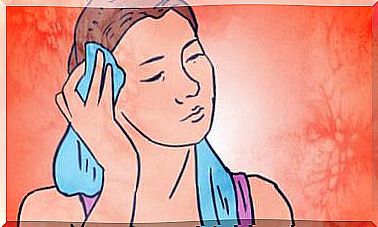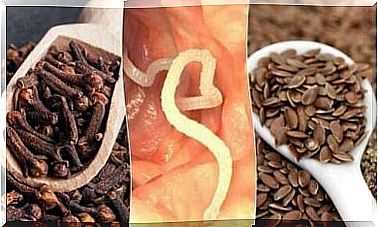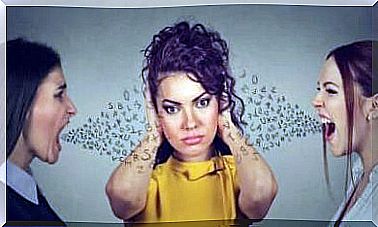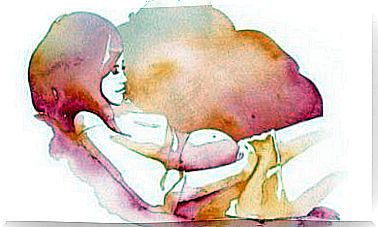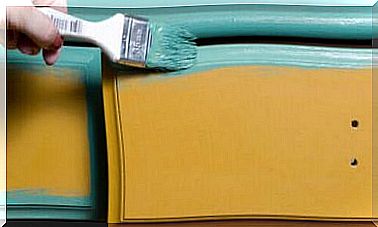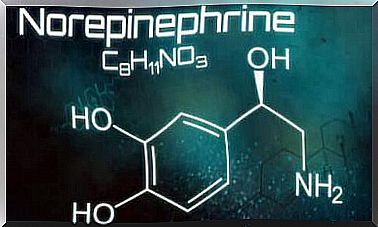Tretinoin And Acne: Warnings And Directions For Use
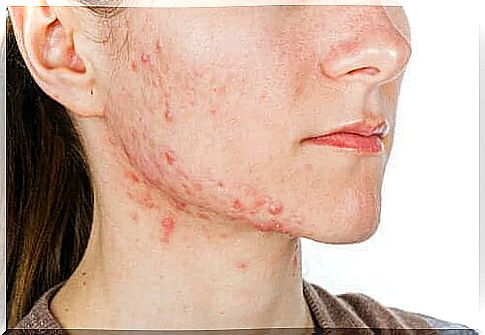
Tretinoin is a retinoid. These molecules are involved in numerous processes in the body, such as cell differentiation and multiplication, as well as apoptosis, or programmed cell death, and reproduction.
Tretinoin is commonly used by dermatologists to treat acne vulgaris. It is also known as transretinoic acid. Vitamin A is active in all body tissues except the retina.
It belongs to the family of retinoids, which is characterized by a comedolytic effect. This means that they normalize the process of exfoliation of the layer of follicular cells and reduce clogging of the hair follicles. Don’t worry if you don’t quite know what’s going on. We’ll take a closer look at this mechanism later in this article.
It is used topically in both adults and children over 12 years of age. Apply a thin layer of cream before going to bed. Dermatologists adjust the frequency of application according to the effectiveness of the drug and the tolerance of each patient.
Before application, doctors recommend washing the skin with soap and water to improve absorption of the drug. Improvement is usually noted after 2 to 4 weeks. However, maximum effectiveness is usually achieved after 6-8 weeks of therapy.
Tretinoin is commercially available in creams containing 0.025 or 0.05 grams of active ingredient per 100 grams of product.
What is acne?
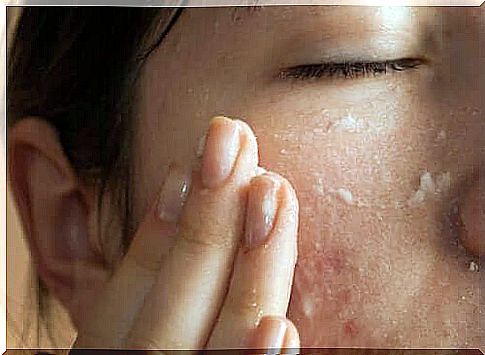
While you probably already know quite a bit about acne, it’s worth paying attention to its causes and general features. Thanks to this, we will be able to expand our knowledge and clarify any doubts about this disease, which is so common in the entire population.
Acne is a skin disease that begins in the hair follicles. Hair follicles clog sebum and dead skin cells. As a result, blackheads, blackheads and pustules often appear.
Acne can appear in different parts of the body. However, it most commonly affects the face, back, chest and arms.
Specialists have identified four main causes that lead to the development of acne. We include among them:
- A bacterial infection, for example caused by Propionibacterium acnes.
- Excessive production of sebum.
- Clogging of hair follicles due to the accumulation of sebum and dead skin cells, as we mentioned earlier.
- High hormonal activity, especially of androgens.
In addition, there are other factors that contribute to the appearance of acne and worsen it. The condition can be made worse by stress as well as diet and certain medications.
Scientists conducted a brief study to see if chocolate actually made acne symptoms worse. Their results confirmed this assumption. However, additional questions need to be carried out to find out why.
Doctors often use tretinoin to fight acne. Let’s find out why.
How tretinoin works in the body
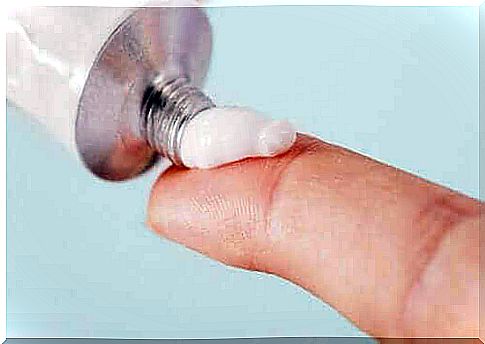
Tretinoin is, as we already know, a retinoid. Retinoids are involved in numerous processes in the body, such as cell differentiation and multiplication, as well as apoptosis, or programmed cell death, and reproduction.
This drug stimulates mitosis of skin cells and reduces the intercellular integrity of the stratum corneum. In addition, it disturbs atypical keratinization of the hair follicles, and thus prevents the formation of excess keratin and the deposition of lipids.
Keratin is a protein with a very fibrous structure that is the main component of the outermost layers of the epidermis. This is why tretinoin works so well against acne.
What’s more, tretinoin has a comedolytic effect, i.e. it normalizes the exfoliation of the follicular cell layer, and thus reduces clogging of the hair follicles. In addition, it also has anti-inflammatory and protective properties, thanks to which it protects against the formation of new micro-blackheads.
Tretinoin and warnings
When using therapy with this retinoid , numerous precautions should be taken into account :
- Not recommended for use in the case of sunburn.
- Photosensitivity reactions.
- Contact of the product with the eyes, eyelids, nose, mouth and other mucous membranes should be avoided.
- Older people need to be especially careful. The same is true for children as there is no established safety profile for younger people.
- Infection in affected areas should be avoided.
- Pregnant women should not take oral retinoids such as tretinoin. It should also not be taken by women who could become pregnant. Topical use does not carry such a high risk, but it should also be avoided.
Summary
Tretinoin is a drug used by dermatologists to treat a variety of skin diseases and, above all, to fight acne.
Patients who use it must be informed about the administration of this drug, and always follow the doctor’s instructions. Misuse of this drug can have serious consequences.
